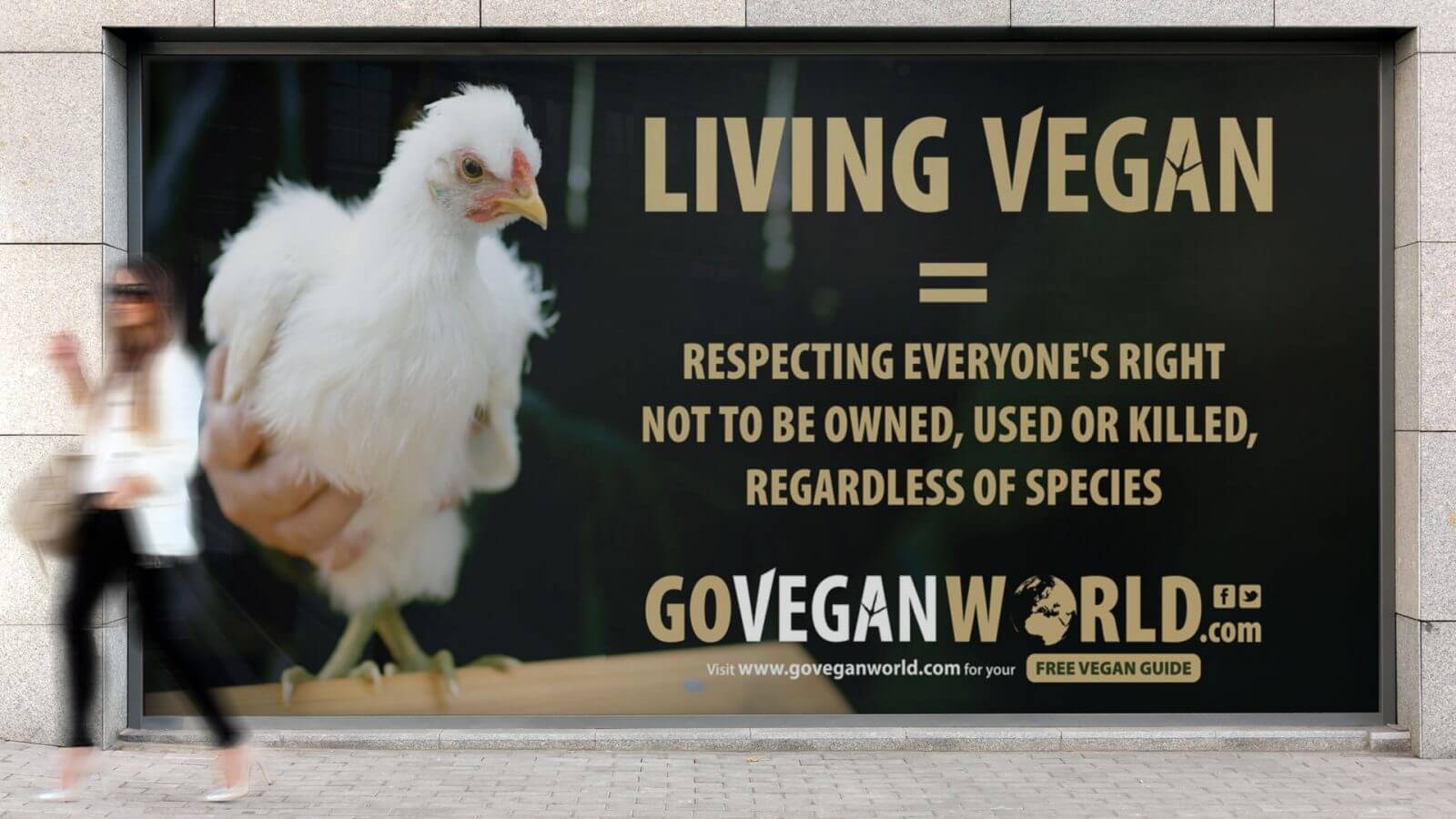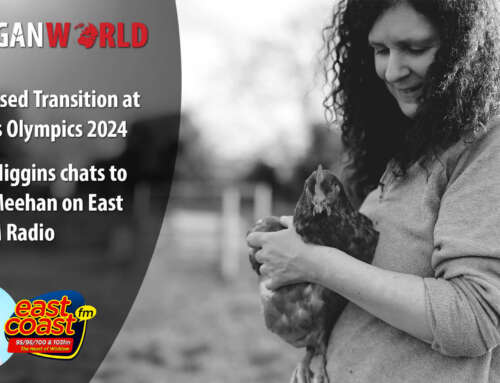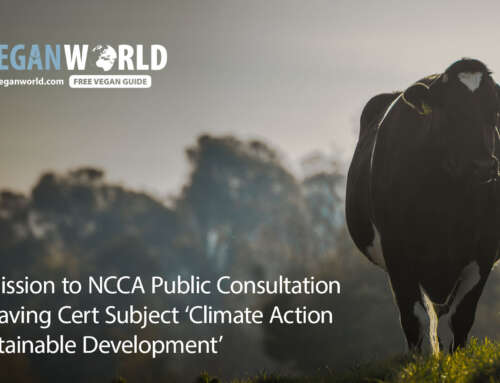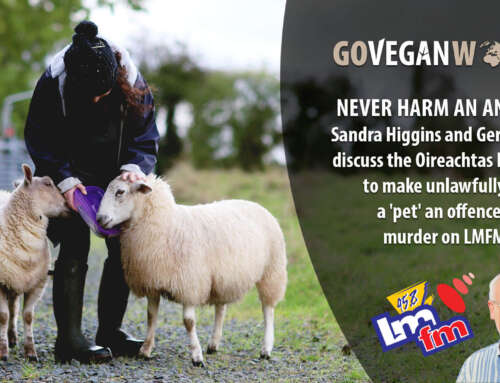Veganism is usually covered in the media when something sensational happens and, more often than not, it is misrepresented and disparaged. Last week was no exception as the media covered the resignation by William Sitwell, editor of Waitrose Magazine, for his email response to a journalist’s pitch to do a series on plant food in which he suggested instead a series “on killing vegans, one by one. Ways to trap them? How to interrogate them properly? Expose their hypocrisy? Force-feed them meat? Make them eat steak and drink red wine?”
I was invited to discuss this on the Sean O’Rourke show on RTE radio, alongside Tom Doorley, Restaurant Critic and Food Journalist.
Defense Mechanisms and Misrepresentation of Veganism in the Media
Sitwell was not asked to resign because of the ethical views of Waitrose. He was asked to resign because he offended the growing consumer demand for plant food that Waitrose caters for and profits from.
But the case is a useful context in which to examine the more important issue of why vegans are vegan, and how our non-violent philosophy is represented by the media and received by the public.
Had I been Sitwell’s employer I might not have fired him without first giving him the opportunity to educate himself on what veganism is. He was merely exhibiting an all too familiar defense mechanism that is characteristic of those who feel uncomfortable when confronted with the fact that what they call food was once part of a living, feeling being who was not all that different from the family dog or cat; indeed, not all that different from us; someone who did not want to die and who died unnecessarily.
These defense mechanisms take various forms ranging from ridicule and humour, denial of the true meaning of veganism, and disparagement of vegans and how they live.
The media representation of veganism as a diet, and moreover as a restrictive diet that can only be adhered to by ‘extremists’, ‘militants’ and ‘purists’ who can put up with eating a limited, tasteless number of foods, is outdated. It is a serious belief and it is a way of living that is easy, enjoyable and potentially has many incidental benefits for the environment and our health. We all need to change how we live because of our impact on other lives, human and non-human, as well as on the very earth on which we all depend for survival. The recent UN report on Climate Change is testament to this fact. The media has a responsibility to accurately represent veganism and provide members of the public with information that they are entitled to know and have a responsibility to act on.
Veganism as a Moral Conviction Protected by Law
I was very glad of the opportunity afforded to Go Vegan World this morning by the Sean O’Rourke show to be able to define veganism accurately and to highlight that this belief is serious, cogent, and an important part of human life that is worthy of consideration and respect. It is not something trivial or a choice that has no impact on others such as which coat we wear to work, and it is not something we engage in part time, or try out temporarily and then give up.
Prior to going on the show, I had a look at Tom Doorley’s Twitter page and noticed that he retweeted the following by Giles Coren who expressed ‘great sympathy for William Sitwell’:
Giles Coren : “It was a stupid email but should not be a career-ender. Vegans are not a race or a gender or a sexual orientation or a differently-abled group. They just choose to eat plants.”
This exemplifies the gross misunderstanding of veganism for the serious, rational, logical, weighty moral issue that it is. This lack of knowledge is no reflection on either Tom Doorley or Giles Coren as individuals. It is part of the general misrepresentation of veganism. Indeed, it is even more understandable when people who describe themselves as vegan also misrepresent veganism as a diet or something pertaining to animal welfare, something that is evident in Ms Williams’ email to Sitwell.
However, if any other minority group were referred to in the disparaging way that Sitwell wrote about vegans, we would understand the furore and his resignation.
Many people are not aware that veganism is a protected philosophical belief. Vegans, whose lifestyle is motivated by the recognition of animal sentience and the rights of other animals not to be used and killed unnecessarily, have the right to their express their belief and to live in accordance with it, a right that is protected by International and European Human Rights and Equality legislation. It is unlawful and wrong to discriminate against or disadvantage vegans because they hold this right. It is unlawful whether or not the intention is deliberate.
Accurate Representation of Veganism
We all have a responsibility to educate ourselves about veganism and to accurately represent it because it is not our own rights that we are advocating for here. We are advocating for the rights of other animals who have the same senses as us, who feel pain when we hurt them, who are not our property despite their status in law, animals who have an interest in their own lives and a right to live. We have a responsibility to advocate accurately and effectively for them so that vegans are no longer a minority and the majority live in accordance with the belief that it is as unacceptable to eat, wear, experiment on and otherwise harm and kill cows, pigs, chickens, sheep and fishes and other animals, as it is to harm and kill the family cat or dog, or each other.
You can listen to a playback of the show here.






